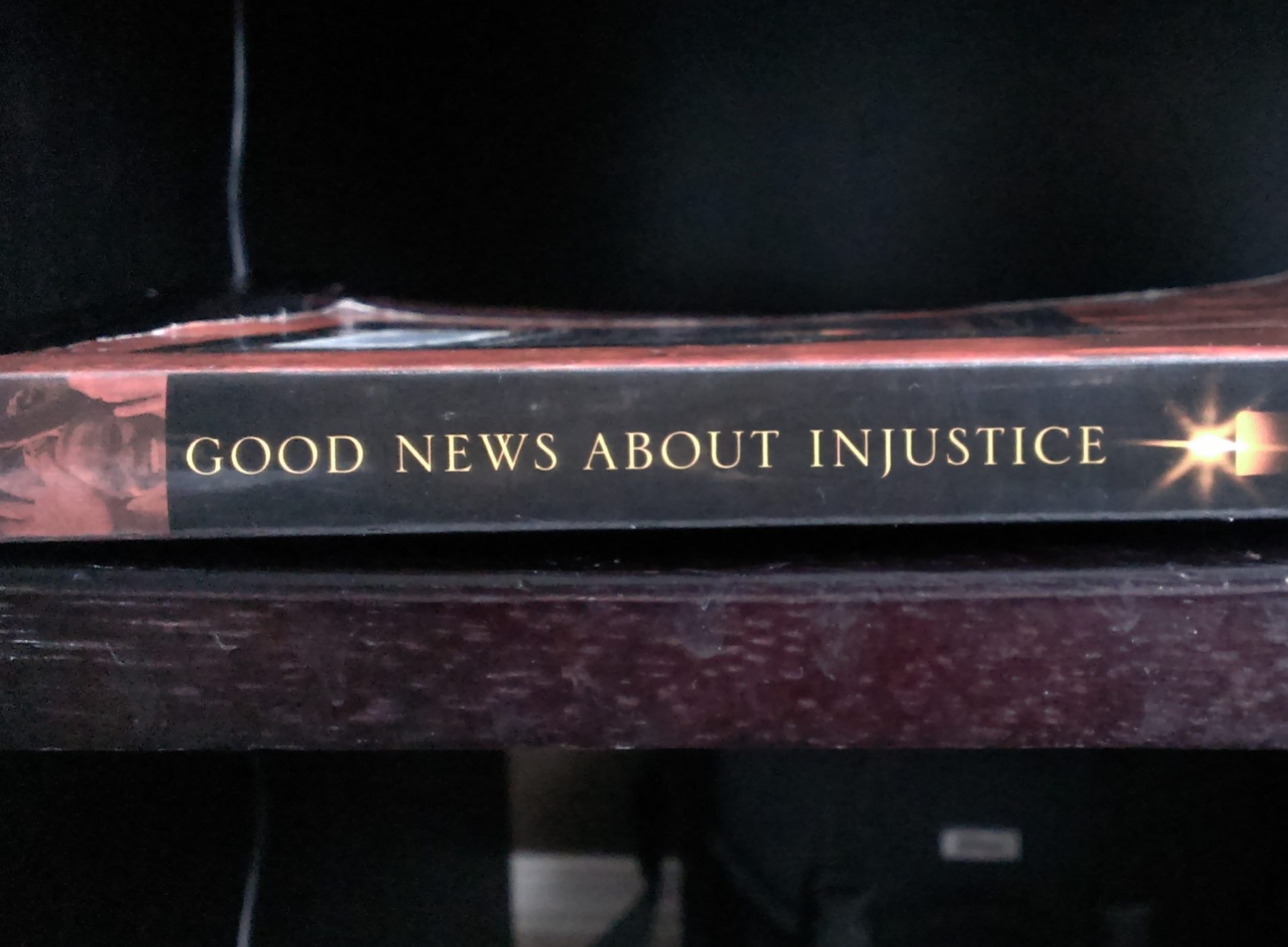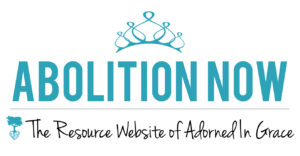
Rachel was five-years-old when her mother’s boyfriend started abusing her. Years went by and she found herself looking for love in all the wrong places, places which eventually led to a life she never imagined.
Wrestling With Justice in an Evil World
Rachel was five-years-old when her mother’s boyfriend started abusing her. Years went by and she found herself looking for love in all the wrong places, places which eventually led to a life she never imagined. At just 14, she found herself in a different hotel room every night, forced to sell her body and give the money to her pimp, bruised and beaten. Rachel is not alone–there are thousands of heartbreaking stories like hers just waiting to be heard. How could we ever call this good news?
Yet this is the title that Gary Haugen dares to put on a book about these very stories.
Haugen, the president and CEO of the International Justice Mission, has seen injustice in all its forms: child prostitutes, families enslaved in brick kilns, widows forced off their land by mobs, and even the horrors of genocide. For him to write a book explaining that there is good news related to these atrocities got my attention.
I found within this book’s pages truths that reminded me there is good news about injustice – good news that begins and ends with God, his compassion, and his desire for justice.
In the past, I understood compassion as a feeling of sympathy towards someone else’s situation and wanting to help or make things better. For example, I feel sympathetic towards communities that do not have clean water so I give money in order to help fund a well. My sympathy motivates my actions but I can remain removed from their actual experience. Haugen deepened my understanding of compassion, explaining the word comes from two Latin words: passio and cum which mean “to suffer with” (p. 93).
Instead of being an outside observer to a situation or merely sympathetic, God actually suffers with each victim of injustice. It would be like me going and living with the people without clean water, being thirsty, and participating in their experience. Talk about amazing love.
God does not watch injustice from afar and merely sympathize with those in these situations. He suffers alongside them, is actively present in their situations, has His heart broken time and time again, and experiences everything they are feeling. Haugen bids us to “imagine what it would be like if (you), like God, had to watch, hear, and witness every brutal act of injustice on the earth, every day.” Because God does.
It’s no wonder He hates injustice so much.
God longs for victims’ rescue and for justice to be done in each and every situation. And he asks us, as his hands and feet on earth, to join him. He asks us to bring hope to the Rachels in our communities–to seek them out, to give them hope, and to help them start down a new road of wholeness and healing.
Each and every one of us has been gifted with unique abilities and giftings which we are meant to use to further God’s kingdom and his desire for justice to prevail. We can talk about justice with our friends, with our pastors, with those in leadership of our church.
We can invite guest speakers to our church from local organizations. We can promote service opportunities or supply drives. We can determine how the unique giftings of our community can best further God’s kingdom and his work of justice. There are certain needs that only you can fulfill.
So what is the good news about injustice? The good news is our God loves justice. That he is present and near to each victim. That he is the righteous judge who seeks and will continue to seek justice in every corner of the earth. And that we can all join him in his work. How are you going to further your justice journey in 2015?

